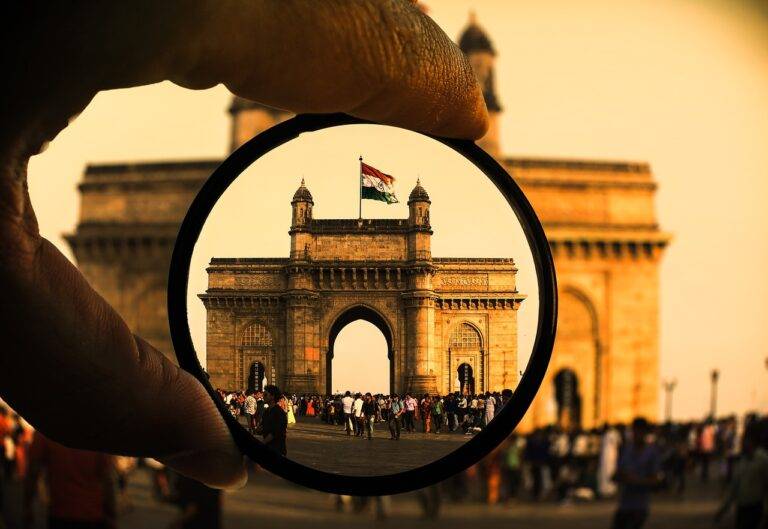Exploring the Influence of Political Ideology on Voter Trust in Election Results
Media plays a crucial role in influencing how voters perceive election results. Through various channels such as television, online platforms, and newspapers, the media shapes the narrative surrounding different candidates and their performance in an election. The language used, the framing of stories, and the emphasis on certain aspects of the election all contribute to how voters interpret the outcome.
Moreover, the media’s role in providing context and analysis of election results can significantly impact voter understanding and reaction. The way in which media outlets discuss voter turnout, margins of victory, and the implications of certain candidates winning or losing can sway public opinion and shape the overall perception of the election outcome. In this way, the media holds significant power in framing the narrative around elections and influencing how voters perceive the results.
Historical Context of Voter Trust in Election Outcomes
Throughout history, the trust in election outcomes has been a cornerstone of democratic societies. Citizens rely on the integrity of the electoral process to ensure that their voices are accurately represented. The concept of voter trust in election results dates back to the early days of democratic governance, where transparency and fairness were crucial elements in upholding the legitimacy of elected officials.
Elections have always been a pivotal moment for societies to voice their opinions and shape the future direction of their governments. The historical context of voter trust in election outcomes reveals how the perception of fairness and accuracy in the electoral process has been essential for maintaining political stability and public confidence. As democracies have evolved and expanded, the issue of voter trust has become even more significant in ensuring that the will of the people is accurately reflected in election results.
• The trust in election outcomes is crucial for democratic societies
• Transparency and fairness have always been important in upholding the legitimacy of elected officials
• Elections allow societies to voice their opinions and shape the future direction of governments
• Perception of fairness and accuracy in the electoral process is essential for maintaining political stability and public confidence
The Impact of Social Media on Political Ideology and Trust in Elections
Social media platforms have become a significant player in shaping political ideology and influencing voter trust in election outcomes. With the widespread use of social media, individuals are exposed to a myriad of opinions and information, often leading to the polarization of political beliefs. The echo chamber effect created by social media algorithms tends to reinforce existing ideologies, making it challenging for individuals to critically evaluate different perspectives.
Moreover, the spread of misinformation and fake news on social media has raised concerns about the integrity of election processes and voter trust in the outcomes. False narratives and propaganda can easily go viral on social media, influencing public opinion and undermining faith in the electoral system. As a result, it is crucial for users to be discerning consumers of information and for platforms to implement measures to combat the spread of misinformation in order to uphold the integrity of elections.
How does social media influence political ideology?
Social media can influence political ideology by exposing users to a variety of viewpoints, allowing them to engage with like-minded individuals, and potentially reinforcing their beliefs.
Can social media impact trust in election outcomes?
Yes, social media can impact trust in election outcomes by spreading misinformation, promoting conspiracy theories, and amplifying distrust in the electoral process.
Why is it important to consider the role of media in shaping voter perception?
The media plays a crucial role in shaping voter perception by framing election results, providing analysis, and shaping public opinion. It is important to understand how media can influence voter attitudes and behaviors.
What is the historical context of voter trust in election outcomes?
Voter trust in election outcomes has fluctuated over time, influenced by factors such as political scandals, media coverage, and changes in electoral practices. Understanding this historical context can provide insights into current levels of trust.
How can individuals mitigate the impact of social media on political ideology and trust in elections?
Individuals can mitigate the impact of social media by critically evaluating information, seeking out diverse perspectives, fact-checking sources, and engaging in civil discourse. It is important to be mindful of the role social media plays in shaping political beliefs and perceptions.







